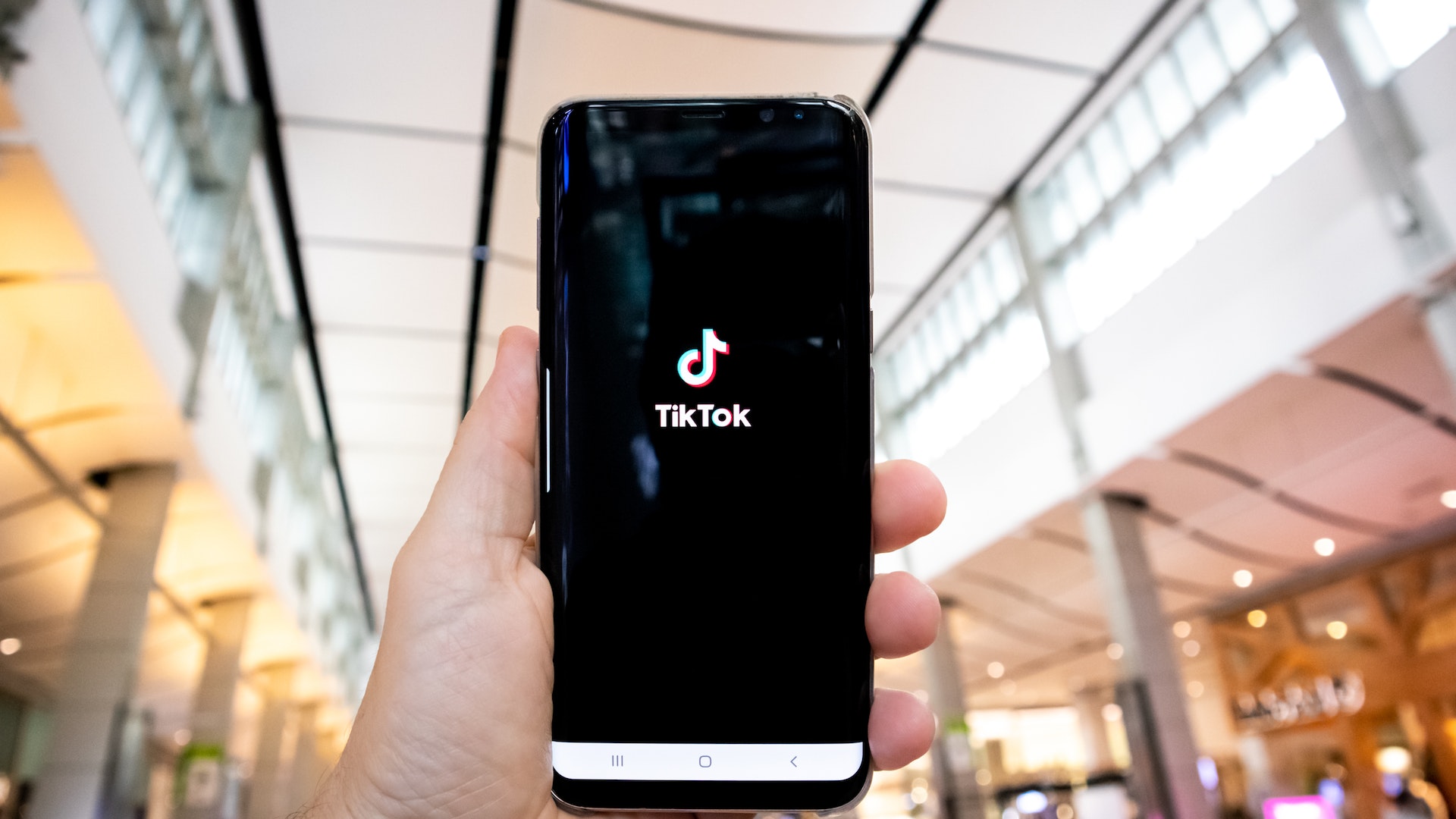
Keyword research is always the first step in determining your search engine optimization (SEO) strategy. It may seem like an easy step, but there are actually quite a few details and insights that should not be overlooked.
NB: This is an article from Blue Magnet
By avoiding these common mistakes, you can launch a successful SEO campaign that drives traffic (and revenue) for your hotel.
Mistake #1: Picking Only Competitive Keywords
While you want your hotel website to be in front of as many people as possible, optimizing for high search volume keywords is not where you should put all your efforts. Although high volume keywords are important, they should not be your main focus.
Long tail keywords with smaller search volumes, like “cheap hotels downtown chicago with free parking” are often overlooked. Long tail keywords are keywords with three or more words. What makes them unique is they are typically used to target a niche demographic, which is why these keywords are often the most qualified for driving high-quality traffic. Guests performing these searches are looking for specific amenities your hotel offers so are more likely to book knowing you offer what they are looking for in a hotel. With that being said, you should not omit highly competitive keywords; instead, set expectations on rankings for them appropriately.
The most competitive keywords typically have many more brands and companies fighting for those spots. Many will have more authority than hotel websites, therefore making the process of potentially ranking your site for those keywords could take a very long time. By targeting these long tail awareness and consideration keywords, your hotel will effectively target potential guests in the Stages of Travel.
Mistake #2: Fixating on Search Volume
Ranking for “Chicago hotels” (which gets around 450,000 monthly searches) may seem like a great keyword for for your hotel to target. But as mentioned above, there is a lot of competition around that term and it will be incredibly difficult to rank for “Chicago hotels” in the search engine results pages (SERPs). These are what we call “fat head” terms; they take a lot of time and resources to rank for. Going after terms like “family friendly hotels in chicago” (which receives around 480 searches a month) or “hotels near millennium park chicago” (2,900 searches per month), which are keywords focused on the awareness and consideration stages of travel are queries guest actively looking for specific attributes of your hotel. If you are creating informational content around these longer, more focused terms with smaller monthly search volumes, you can rank for these terms faster and the effort will yield more conversions than the broader, higher volume terms.
Mistake #3: Not Understanding Searcher’s Intent
Getting too focused on the “insider” language is another mistake that is made when doing SEO keyword research. For example, focusing on keywords like “advance rate hotel rooms” this might not be something a guest looking to book at your hotel would think to search. You need to take a step outside the industry and ask yourself how potential guests are searching for your offerings.
Additionally, RankBrain, Google’s machine learning algorithm, is focused on targeting humans and what their intent for a search might be and less focused on search robots. There is no need to obsess over your exact match keywords because Google’s algorithm knows keyword semantics and will rank your website similarly for similar keywords. Knowing how your guests are searching for your hotel is important but so is understanding what Google’s algorithm thinks is relevant for certain terms.
For example, when a person searches for Cubs tickets or concert tickets, Google will show websites like Ticketmaster, SeatGeek or VividSeats where a searchers can actually purchase tickets to the event; the SERP is less focused on the area or more informational pages. Focusing on keywords like “hotels near wrigley field” would be a more relevant query for potential guests looking to attend a game.
Mistake #4: Relying Solely on Keyword Research Tools
Keyword Research tools are the starting point of any SEO campaign. These tools allow you to get a feel for the search landscape and even find new keyword opportunities you might not have thought of. It is important to remember these average monthly searches are not 100% accurate and are not able to track every keyword out there so for the longer tail keywords the data will be even less accurate. Use Google Search Console’s Search Analytics to identify long tail opportunities tools like SEMrush miss. You need to evaluate the keywords you are ranking for frequently, keep an eye on what is satisfying your intended search results, and determine how you can create content that does a better job than your competition.
Final Thoughts on What’s Hurting Your SEO Efforts
Focusing on the numbers your keyword research tools are providing and being blind to terms potential guests are actually searching for will hurt your optimization rather than help it. Constantly evaluate your keywords and make sure your site is fulfilling the search intent of each keyword. If you can avoid these big mistakes, your SEO strategy will be stronger and drive qualified traffic to your hotel website.



